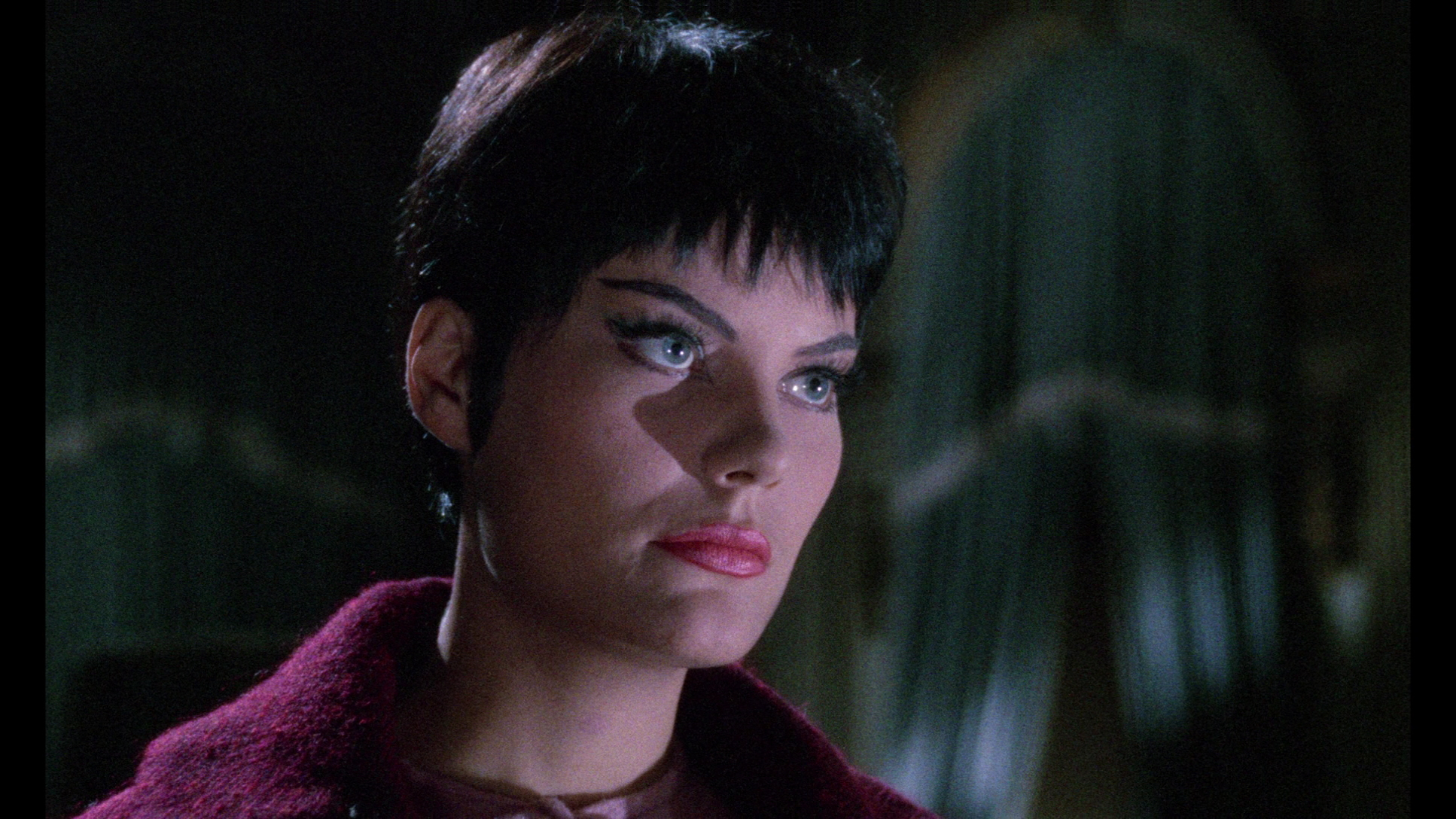

Early winners included Alice Munro, Chinua Achebe and Philip Roth. Established in 2005, the prize was originally presented every other year to a writer, recognising a body of work with global appeal rather than an individual book. I’ve written here before of how we’re enjoying a golden age of translation and we can find no finer confirmation than by looking at this year’s International Booker.ĭavid Diop’s At Night All Blood is Black, translated by Anna Moschovakis, is the sixth winner since the award adopted its current format. It’s more evidence of the growth in quality of and interest in translated fiction. The 2021 International Prize was awarded last week at a ceremony in Coventry with a pretty decent fanfare for what has tended to be regarded as a sideshow to the massive big top of the main Booker event, whose longlist is announced next month. The International Booker, which goes from strength to strength, has played no small part in changing the prevailing perception that literature originally composed in another language is somehow inferior. Translated literature, especially contemporary literature, is gradually emerging into the spotlight after decades of being sidelined by snobbery. One prize that I’ve always felt deserves to have more of a fuss made of it than has often been the case is the International Booker, awarded for a work of fiction translated from another language into English.


 0 kommentar(er)
0 kommentar(er)
